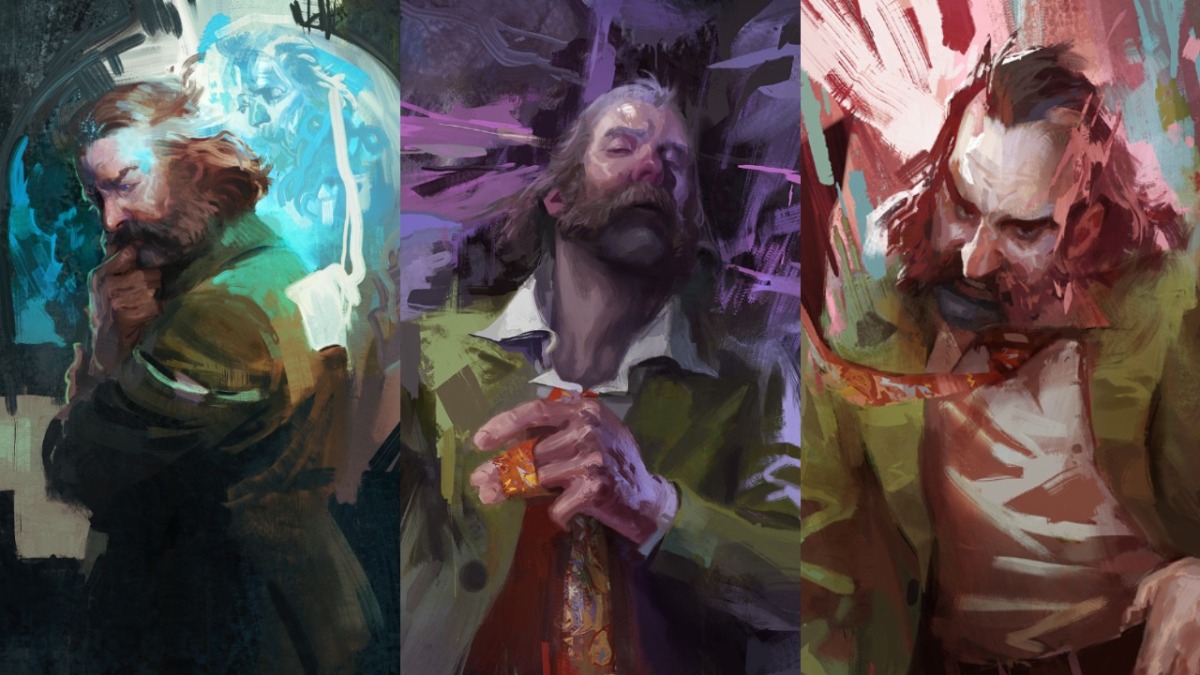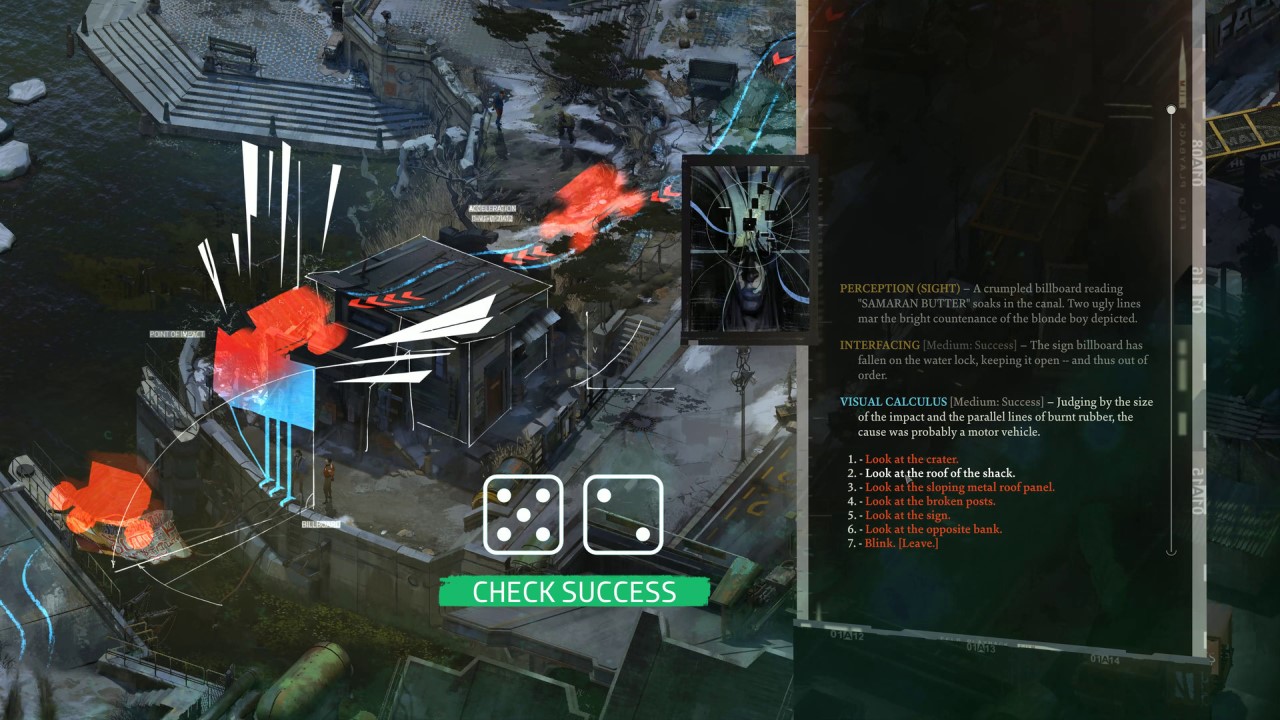It’s another special guest writer time! This is part two of a multipart series regarding the legendary writer Tom Wolfe. You can find my part one here.
The best stories say something that is difficult to say about life.
That’s not to say the best stories are preachy. Preachy implies a sermonizing, moralizing aspect, a man standing at a pulpit imploring you, judging you, insisting you understand. I’ve always despised preachy stories, even when I agree with the message being preached!
A story with a moral exemplifies what the best of fiction is. Not pure escapism, not shouting a lesson, but a subtle, slow arrow toward an idea that is important. Maybe you like the idea, maybe you don’t, but the important thing is that the idea is given a full hearing in light of (fictional) evidence. The story cannot tell you its moral upfront. It has to unfold. And the moral is best when it is old because all of the best morals are old.
A Man in Full is Tom Wolfe’s second novel, published in 1998. It is centered on the story of Charlie Croker, an Atlanta real estate mogul who has finally gambled past his luck and is encountering financial difficulty. Three other characters are front and center as well: Conrad Hensley (a seemingly random warehouse worker in California), Raymond Peepgass (a drone at the bank that Croker is in debt to), and Roger White II (a corporate lawyer and personal friend of the mayor with a role to play in all of it.)
Croker is trying to keep his empire afloat while he is dead broke, Peepgass is trying to find a way to pay for his disastrous divorce and child support, Hensley is trying to work his way out of lifelong poverty, and White finds himself in the middle of a scandal he never expected to.
A Man in Full is a beautiful example of a long story with a moral. In fact, it not only has a moral, it has an ancient philosophy to show the modern reader. Wolfe takes his time in getting there. We are several hundred pages into an almost 800-page book before Stoicism is even mentioned, and we are almost at the end when we realize that we have read a love letter to this philosophy.
I believe A Man in Full is Tom Wolfe’s best fiction book because I believe it is the most optimistic and has the best message. Which is… Stoicism. If you don’t know what that is, Wikipedia can help you, and Marcus Aurelius can help you more. The real theme of A Man in Full is interpersonal pressure, and the ways people can react to it.
Charlie Croker, Raymond Peepgass, and Conrad Hensley all begin the book under enormous pressure, which steadily grows worse as the book proceeds. And at the end of the book, the answer becomes clear to two out of three of the men, with direct thanks to Stoicism. Pressure doesn’t need to matter to the moral fiber of an individual; it is only as relevant as your weakest instincts make it. Of course, realizing and acting upon this truth places you within a sub-one-percent minority of people who have ever lived, most of whom are considered insane by their peers. And so are a couple of characters, by the end of the book.
I don’t think Wolfe is at his peak as a prose-manufacturer with this book. I think he’s at his peak as a writer! A Man in Full lacks the emotional impact of I Am Charlotte Simmons and the razor-sharp hilarity of Bonfire of the Vanities, but it has something important to say to all readers, and it says it loudly and beautifully. The “ride” matters in a fictional work, but to make a truly great work of art, the destination matters even more.
Rest in Peace, Tom Wolfe.









